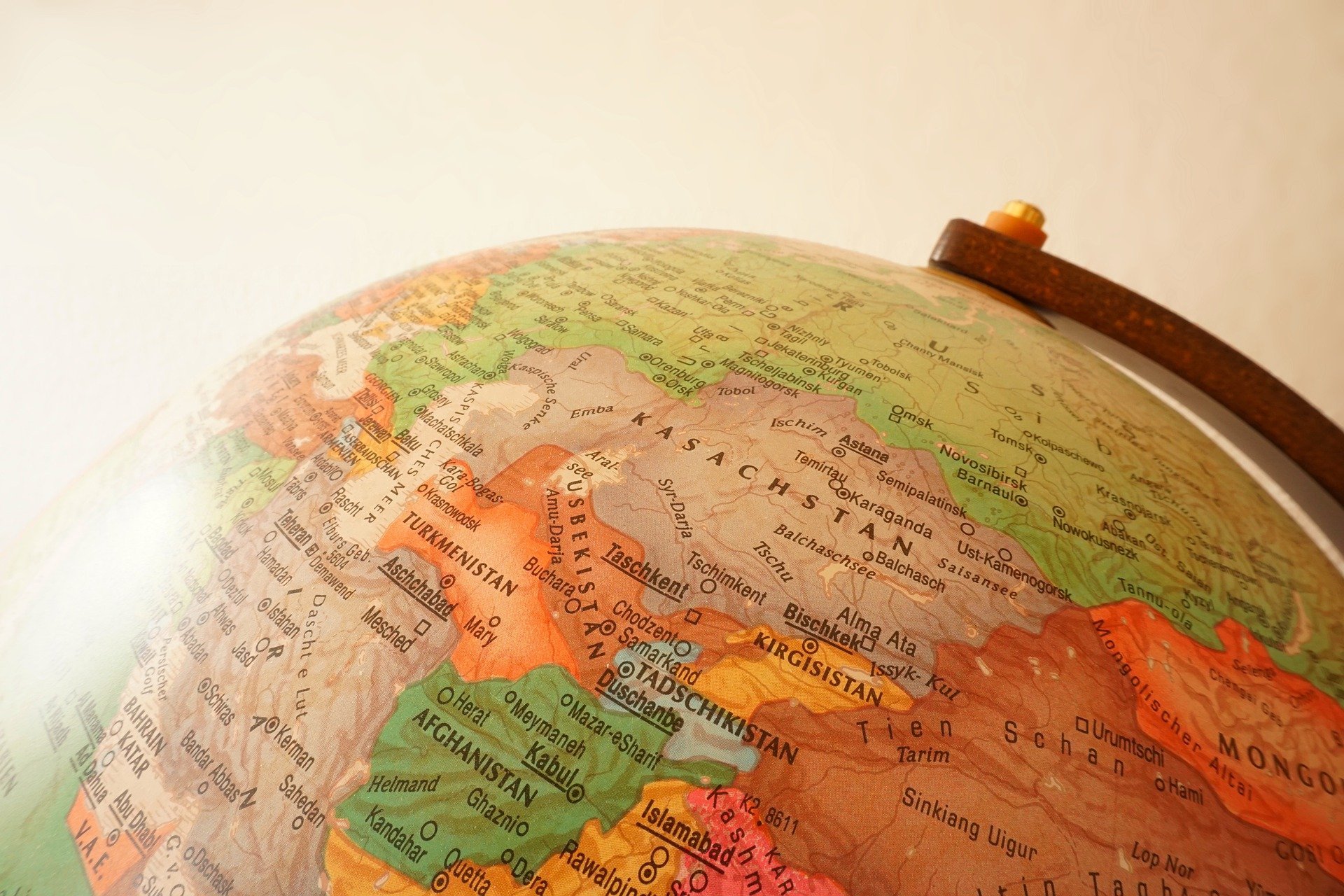Was viele in Europa nicht mehr für möglich gehalten hatten, einen Überfall eines Staates auf einen anderen europäischen und demokratischen Staat, ist eingetreten. Vor einem Jahr hat Russland einen großen Angriff auf die gesamte Ukraine gestartet, die es bereits seit 2014 auch militärisch destabilisiert, inklusive der völkerrechtswidrigen Annexion der Halbinsel Krim und der Unterstützung sogenannter Separatisten im Osten des Landes. Der Krieg ist zurück in Europa. Und Frieden ist nicht in Sicht.
1 JAHR KRIEG: WIE KOMMEN WIR ZU FRIEDEN?
Am 24.2 startete Russland seinen Angriffskrieg gegen die Ukraine, einen selbstständigen und international anerkannten Staat. In diesem Jahr wurden viele Ukrainer*innen getötet, verletzt und in die Flucht getrieben, ihre Häuser zerstört aber auch die Infrastruktur stark in Mitleidenschaft gezogen. Auch auf russischer Seite wurden Kämpfer getötet und verletzt. Aber das stört einen brutalen Machthaber wie Putin nicht, solange seine Macht nicht gefährdet ist. Der massive Ausbau der russischen Propagandamaschinerie sowie der Geheimdienstaktivitäten im Zusammenhang mit neuen Strafandrohungen hat bisher Putin vor Gefährdung seiner Position geschützt. Wenn es eine Gefahr gibt, dann eher von noch radikalen Kräften um den berüchtigten Chef der besonders brutalen Wagner-Söldnertruppe, Jevgeni Prigoschin.
New regionalism in Central Asia
From the Soviet Union to the Post-Soviet Space and Beyond
Recently the IIP – with Maryia Hushcha excellently in charge – organized jointly with partners a conference on the question if and in what way the post-Soviet space exists. Of course, one can answer this question in different ways – depending on the perspective one chooses. One way would be to look at it from a pure time perspective or regard it from a geographical point of view. Then the answer must be yes, there is an area which can be defined as post-Soviet geographically and an era which is defined as post-Soviet historically. But from a political and especially geopolitical point of view you may look at it differently. Post-Soviet could be used in a derogatory term and deny the countries, which have been included in - or even occupied by - the Soviet Union, an independent position and policy. Therefore, I can fully understand the hesitancy of many politicians and social scientists of these countries to accept that term.
The Russian Political System: The Trap of the Empire's Legacy
A few weeks ago, I went into a souvenir store in one of the capitals of Baltic states. Three saleswomen were talking in Russian and the oldest of them was fiercely trying to prove something to her colleagues, mentioning in her speech the names of Soviet leaders from a distanced epoch – Brezhnev, Kosygin... It was so strange to witness these nostalgic signs of another era in one of the successful and modernized capitals of the new Europe. But the legacy of the empire has not simply disappeared, it is here with us in the present moment.
Some thoughts on the “homo sovieticus”: is it a useful term?
If we are to discuss the homo sovieticus, it is essential to know what we are talking about. Can this notion really work as a scientific concept? Does it have any analytical purchase? The expression has been often used as a pejorative term, a slur that is meant to refer to all the negative aspects of the Soviet historical experience, which allegedly made an irreversible impact on the post-Soviet people. In its most extreme forms, it may even be deemed racist. The homo sovieticus is envisioned as some kind of an “orc” from the “Soviet Mordor.” He is evil and repulsive by his very nature.
WHAT DOES PUTIN WANT?
This question was not only asked by a recent “Big Read” in the Financial Times, but it is asked everywhere around the globe, and especially by Ukrainians. “The Russian leader’s intentions in Ukraine remain a mystery. Some governments speculate he wants to use military pressure to halt NATO’s expansion. Others fear he is planning an invasion for real this time” is the ambivalent answer of the Financial Times. In reality, we do not know more. But the important question is how to react. And that again depends on how to answer the question about Putin’s intentions.
Thirty Years On - Is there still ‘post-Soviet’ space?
THE NAGORNO KARABACH CONFLICT
Most international observers were surprised by the outbreak of war in fall 2020 about Nagorno -Karabakh after it has been called frozen for 27 years. Well, obviously one could not foresee an attack at exactly the time it was undertaken by Azerbaijan. However, it seems that a country – in this case Azerbaijan, is not willing to accept that part of its territory is occupied by its neighbor. For some time, this violation of Azeri territory could be used by President Ilham Aliyev to strengthen his grip over the Azeri population. But in the end, it could not be accepted by any Azeri leader. Such an occupation or even annexation could only happen when the occupier is much more powerful or has unconditional support by a powerful ally.
Russian parliamentary elections: Continuation of the previous trend
Elections to the State Duma – the lower chamber of the Russian parliament – will take place on 17-19 September. There are few intrigues about the winner and the overall composition of the parliament that will essentially stay the same in the next convocation. The preparation and process of election is indicative of the longer trend in Russian politics characterized by erosion of political competition and civil liberties, insulation of the political elites, and further consolidation of the corporatist state.











